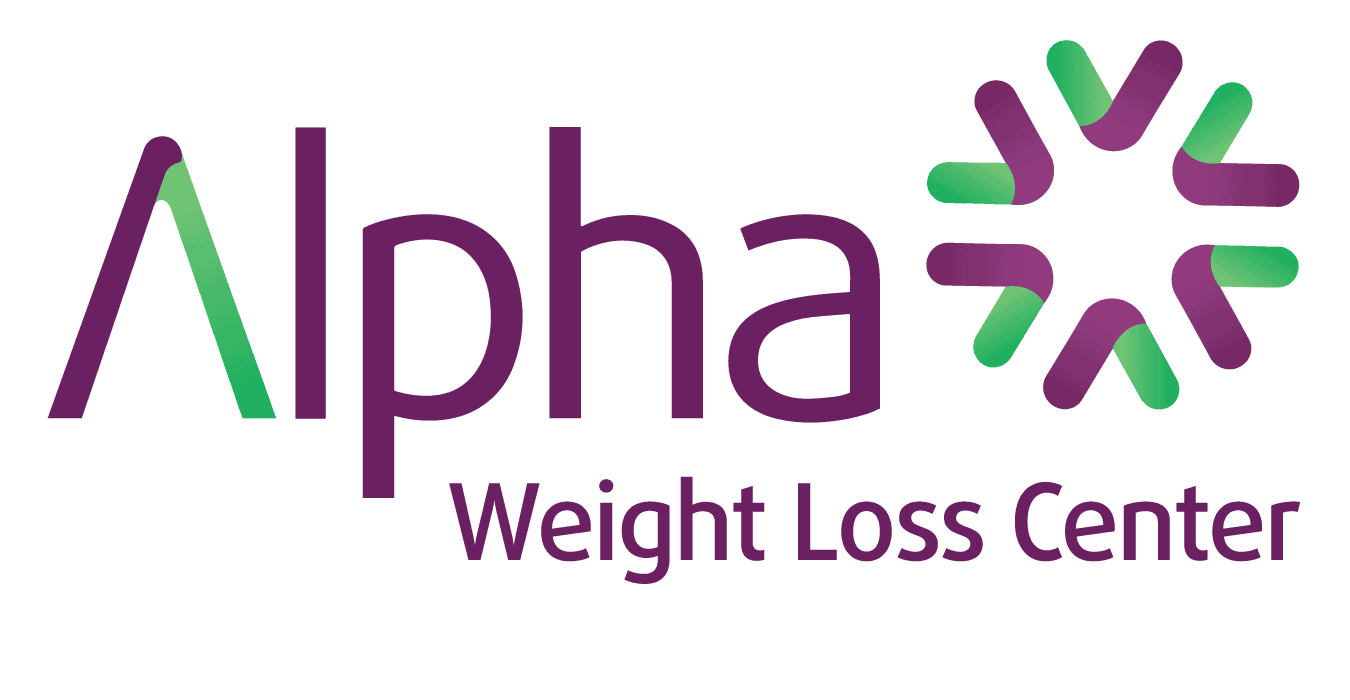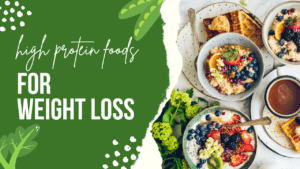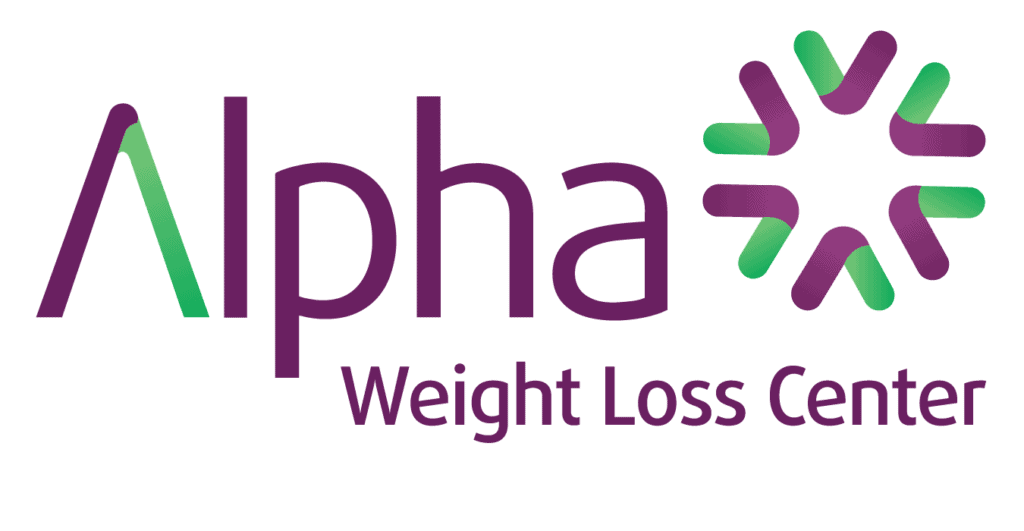Can I Be Addicted To Food?
Have you ever found yourself so hungry, that you desperately wanted to order a delectable cheese-filled multi-topping pizza? Or at the office, when during a rather heavy workload day, you wished you could gorge on a large plate of hot sumptuous mutton biryani? And maybe later have a Black Forest pastry or fruit overload sundae? Well, it’s natural to have cravings for good food, or should we rather say good-tasting food? But could these cravings get you into trouble? The unfortunate answer is yes. But firstly, let’s look at what happens when you eat such foods:
Neurological Reaction to Highly Palatable Foods
When researchers conducted brain imaging experiments on animals and humans, they found that when highly palatable foods were fed to them, the reward and pleasure centers that were activated in the brain were the same ones that are activated when addictive drugs such as heroin and cocaine are consumed. Also, similar to those drugs, the consumption of highly palatable foods causes a heightened release of feel-good brain chemicals such as dopamine. So, what are highly palatable foods? In layperson’s terms, they are called ‘sinful’ and are typically rich in:
- Fat
- Sugar
- Salt
Each of the foods mentioned in the opening paragraph falls into the category. Now, the reward signals that are triggered from the consumption of such foods can override the other signals that the brain is trying to send, those of fullness and satisfaction since the phase of hunger is over. And as a result, you keep wanting to have those foods beyond what your body requires (the phenomenon is called compulsive overeating) which is similar to compulsive gambling or shopping. And that essentially is the onset of food addiction.
Problems due to Food Addiction
When someone is addicted to food, he tends to crave for it not just when he is genuinely hungry, but when his brain is running low on dopamine. And this could happen in any situation such as excessive stress, sadness, boredom, and so on. Essentially, the person wants to get a high out of consuming highly palatable foods.
Now, when you keep consuming a certain amount of food, the body keeps getting used to that amount of food. So, you keep wanting to eat more of the addictive food (similar to alcohol and drug addiction). This could result in several problems such as:
- Obesity
- Digestive issues
- Cardiovascular diseases
- Type-2 diabetes
- Laziness
Food Addiction Treatment
As with any other addiction, food addiction requires professional help to get over it. There are several treatment options for food addiction. However, initially, you could begin by trying to help yourself by taking some steps:
- List down those foods that cause cravings and avoid them completely
- Try to look for healthier options for the highly palatable foods that you like to binge-eat (such as non-wheat bread, healthy cheeses, using jaggery or honey instead of sugar for sweet foods, and so on)
- Try to make a list of healthy food items that you like to eat and eat those when you feel cravings
However, there is a high possibility that you undo progress when you give in to your cravings at times, especially on the ‘cheat days’. As such, you would want to avail of more effective treatment options for food addiction, and at Alpha Weight Loss Center, one of the best weight loss centres in India, we provide inpatient treatment to help you deal with your food addiction. Our team of certified counsellors and trained clinical professionals create personalized treatment plans for you which incorporate the use of methods such as Cognitive Behavioral Therapy (CBT), the 12 Steps, and mindfulness.
Moreover, we do not only look at helping patients overcome food addiction, but we also try to help them develop good dietary habits by providing consultation with our nutritionists. The treatment is also combined with an exercise program, Yoga, and mindfulness to assist in the recovery process and also not just lose weight but achieve overall fitness. If you find yourself getting addicted to food, you know where to call.




